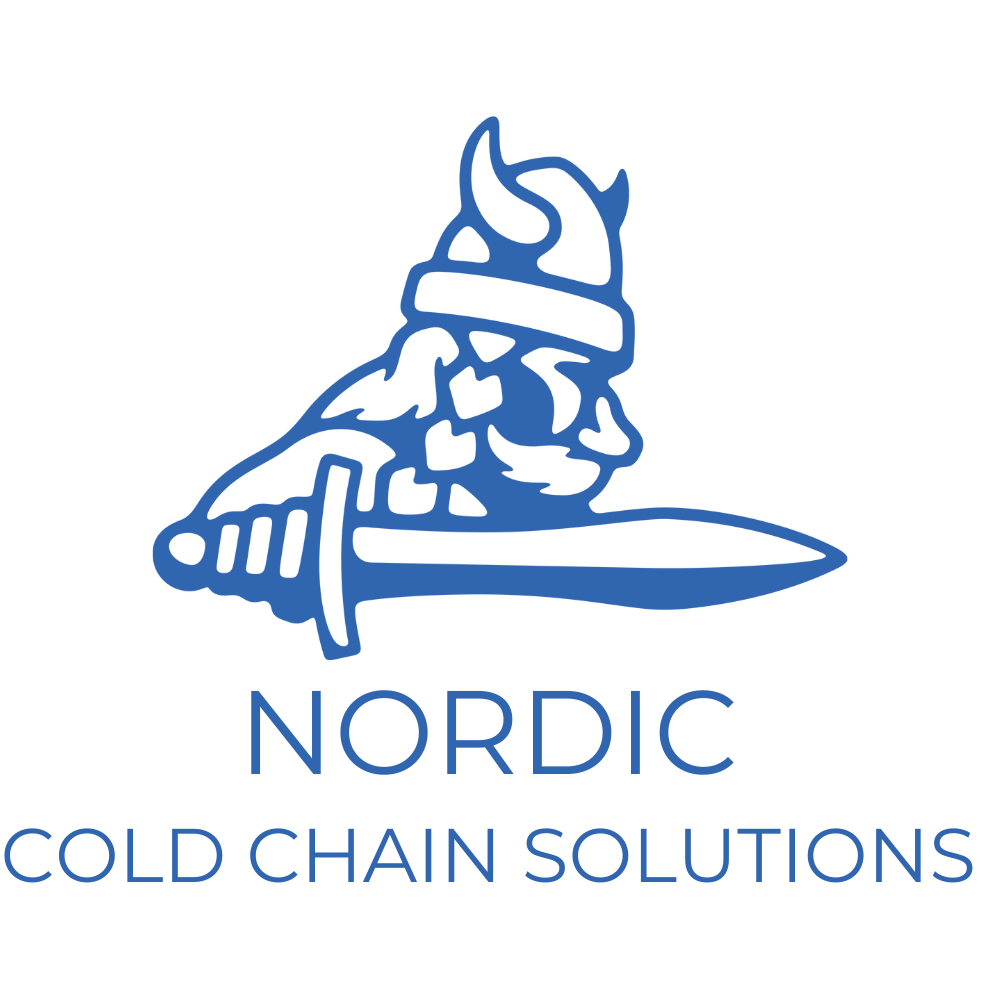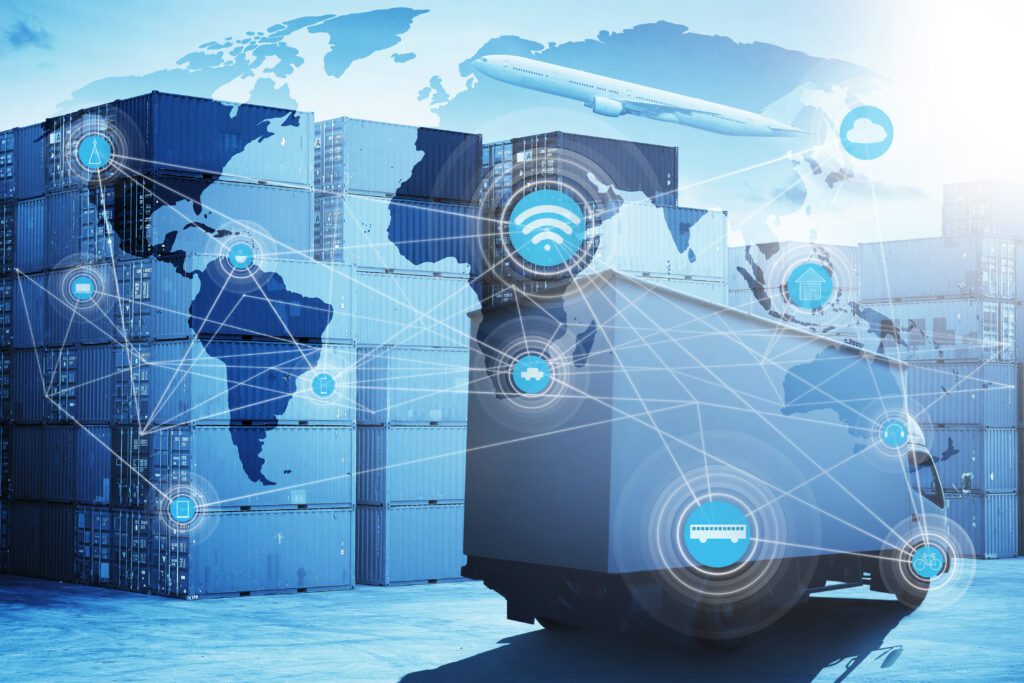
Data loggers have been around for years and have grown increasingly important in the modern era. Data loggers are essential to any digital system, providing a secure way to store data in real-time. Without data logging, many organizations could not remain competitive in their industries as they couldn’t access reliable and accurate analytics. Despite the importance placed on data loggers, few people understand the various types available or how each one is applied across different industries. In this blog post, we will be covering everything you need to know about these versatile machines and how they can help take your organization into the future!
What is a Data Logger?
A data logger is a device that records and stores data automatically over time. It records temperature, humidity, pressure, voltage, and current variables. They are used in many industries to measure the performance of systems or equipment, analyze environmental conditions, and track trends over time.
Data loggers use built-in sensors to collect data or may be connected directly to external instruments or probes. Data can then be stored on an internal memory card for periods ranging from hours to decades, depending on the type of device chosen. The recorded information can also be sent off-site via cellular networks for remote monitoring and analysis by software platforms designed specifically for this purpose.
Data logging provides a reliable record of machine operations and patient activity, allowing organizations to conduct thorough investigations into any operational problems or irregularities with their products or processes. Its ability to capture data quickly and accurately helps make it an invaluable tool when dealing with critical operations like industrial safety audits, research studies, process optimization tests, and other procedures where precise measurement is essential.
Furthermore, because these devices integrate seamlessly with new technologies like Internet of Things (IoT) analytics programs, businesses now have access to comprehensive insight into their production lines, enabling them to improve both productivity & quality standards across the board!
Benefits of a Data Logger
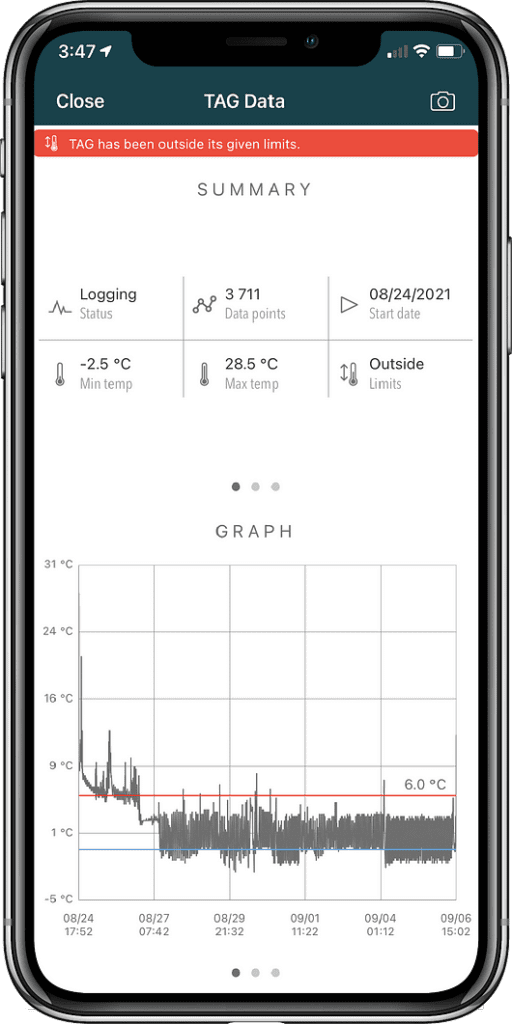
Data loggers are incredibly useful and powerful tools for accurately collecting a variety of data. By logging data over long periods of time, you can gain valuable insights into trends and patterns in your environment or process. Data loggers have several key benefits, which include:
- Cost-effectiveness – Data loggers use minimal energy to operate, making them very cost-effective. In addition to lower running costs, they also require less upfront investment than other technologies that measure the same parameters.
- Versatility – Data loggers can be programmed to record any type of data, from temperature and humidity levels in a storage facility to pressure measurements in medical devices. This makes them highly versatile for a variety of applications ranging from industrial processes to medical research.
- Reliability – Due to their low power requirements and robust design, most modern data loggers are extremely reliable devices capable of withstanding harsh environments and conditions that may affect accuracy or integrity. Additionally, many have built-in safety mechanisms that protect against extreme temperatures or unexpected power outages, so your data remains intact even if something goes wrong during the logging process.
- Accuracy – Using advanced sensing technology combined with sophisticated algorithms, today’s data loggers provide accurate readings at all times without requiring manual calibration or ongoing maintenance checks—ensuring you’re always getting precise results no matter where it is deployed.
Overall, these features make the humble data logger an invaluable tool for any business looking to analyze their performance over time or collect detailed information on short-term events.
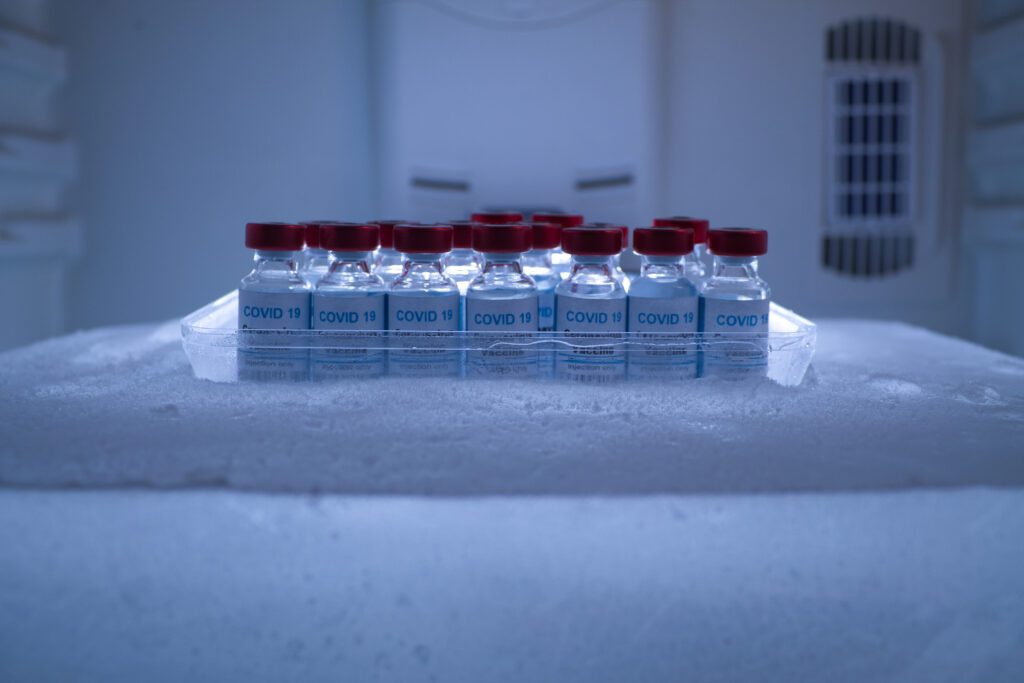
Which Industries Require Data Logging?
Data logging is an immensely useful practice in a variety of industries. Many businesses rely on data logging to monitor and analyze the performance of their operations, including safety protocols, production processes, and more. Data logging is most commonly used in the following industries:
- Health Care: Hospitals and other health care facilities use data logs to record patient information, keep track of medications administered, check for errors or inconsistencies in procedures performed by medical staff members, monitor changes in vital signs over time, and more.
- Manufacturing & Industrial Plants: Data logging helps industrial plants document changes in temperature & pressure levels during production processes so that they can identify any fluctuations that may affect quality or performance. Additionally, it also allows them to pinpoint areas where efficiency could be improved.
- The Cold Chain Industry: The cold chain industry is one of the industries that require data logging. The cold chain is the process of transporting and storing perishable goods in a temperature-controlled environment. Data logging is important in the cold chain industry to ensure that the goods are kept at the proper temperature and to track any changes in temperature.
- Environmental Research: Data loggers are often employed by scientists conducting long-term ecological research projects to capture important variables such as temperature fluctuation across habitats and different altitude levels within an ecosystem over extended periods of time without interruption/manual interference.
- Transportation & Logistics Companies: Monitoring trucks/ships carrying goods requires frequent access to detailed records – something only possible through effective data logging systems which enable tracking location changes, fuel consumption rates, etc.
Conclusion
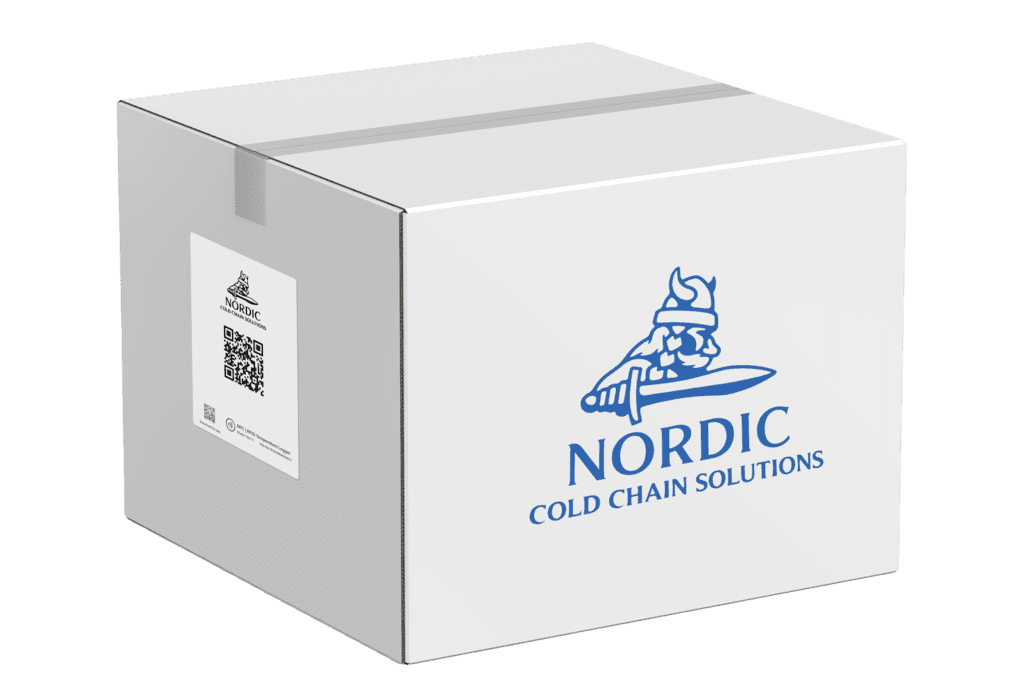
All in all, data loggers provide a great array of features that make them incredibly useful for various businesses and industries. Today, there are so many different types of data loggers that can be used across a wide range of applications. As such, it is important to consider the purpose of the application before selecting a data logger.
Looking for a reliable and easy-to-use data logger? Consider Nordic Temperature Loggers! Our temperature loggers have been designed with the customer in mind to provide an efficient and cost-effective way to measure and monitor temperatures without compromising quality or accuracy.
